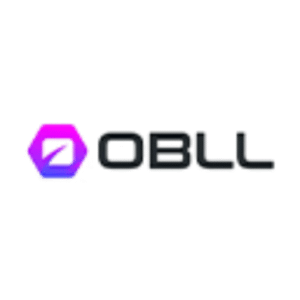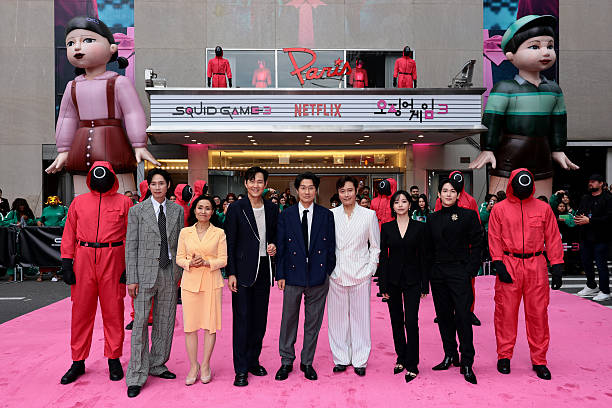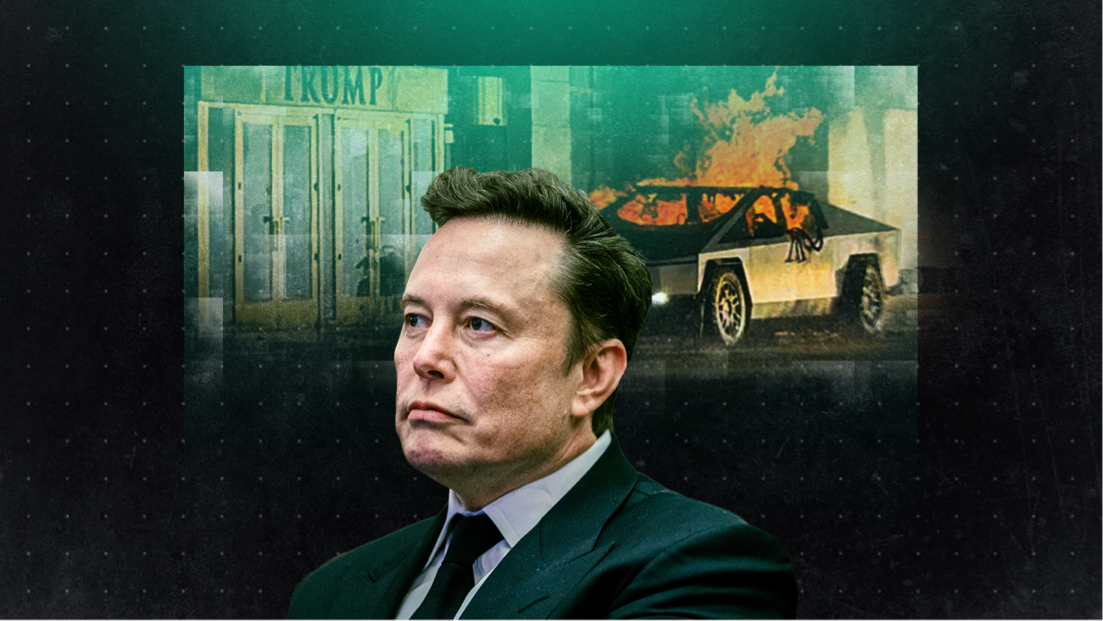🌍 Introduction
 Artificial intelligence (AI) is rapidly reshaping every corner of modern life — from healthcare to transportation, finance to education. Elon Musk, the visionary entrepreneur behind Tesla, SpaceX, and Neuralink, believes AI holds the key to humanity’s next evolution — or its undoing. “With artificial intelligence, we are summoning the demon,” Musk once warned, urging for both rapid innovation and careful regulation. His approach is both ambitious and cautionary — a roadmap to creating AI that enhances humanity, not replaces it.
Artificial intelligence (AI) is rapidly reshaping every corner of modern life — from healthcare to transportation, finance to education. Elon Musk, the visionary entrepreneur behind Tesla, SpaceX, and Neuralink, believes AI holds the key to humanity’s next evolution — or its undoing. “With artificial intelligence, we are summoning the demon,” Musk once warned, urging for both rapid innovation and careful regulation. His approach is both ambitious and cautionary — a roadmap to creating AI that enhances humanity, not replaces it.
🤖 The Dawn of Human-Level Artificial Intelligence
Musk’s long-term vision is centered on achieving Artificial General Intelligence (AGI) — machines capable of performing any cognitive task that a human can. He believes such capabilities are not just possible, but inevitable.
Through companies like Neuralink, Musk explores brain-computer interfaces that could one day allow humans to merge with AI, enhancing memory, reasoning, and communication. In parallel, SpaceX relies heavily on machine learning for autonomous navigation, especially in the Starship program, which aims to colonize Mars. AI is not just a tool — in Musk’s view, it’s a bridge between humanity and a multiplanetary future.
Yet Musk warns that this power must be developed responsibly. While AI can push boundaries in exploration, science, and medicine, it also poses an existential threat if not aligned with human values.
⚖️ Ethical Considerations: Navigating the Future with Care
Despite his investments in AI, Musk is one of its most vocal critics. He co-founded OpenAI with the mission to democratize AI research and ensure its benefits are shared widely. He also consistently warns about the risks of unregulated AI — from mass surveillance and misinformation to autonomous weapons and job displacement.
Ethical development is a core part of Musk’s advocacy. For example:
Neuralink aims to treat neurological disorders before expanding toward enhancement.
Tesla’s Autopilot uses real-time decision-making algorithms, yet the company continues to stress the importance of human oversight.
To Musk, the goal isn’t to slow AI down, but to steer it in a direction that’s aligned with long-term human survival. He encourages global cooperation, transparency, and preemptive safety regulations.
🧠 Technical Realities and Everyday Applications
Musk doesn’t just theorize AI — he builds with it. At Tesla, AI powers Full Self-Driving (FSD), using a vision-based deep neural network that improves through real-world data. The Tesla Cybertruck, for instance, benefits from AI-enhanced adaptive systems, making it smarter and safer over time.
In terms of core technologies:
Machine learning allows systems to learn patterns from data without explicit programming.
Neural networks simulate how the human brain processes information.
Musk is also interested in quantum computing, which could exponentially accelerate AI’s capabilities in the future.
These technologies are complex, but Musk’s real focus is on accessibility — making advanced AI usable in everyday life, from smarter cars to enhanced personal productivity.
🔚 Conclusion: Between Promise and Peril
Elon Musk’s vision of artificial intelligence is equal parts optimism and warning. He sees AI as a tool to expand human potential — to cure diseases, explore the universe, and elevate cognition. Yet he also views it as a threat capable of destabilizing societies if left unchecked.
His work across SpaceX, Neuralink, Tesla, and OpenAI reflects this duality — ambitious progress tethered by ethical caution. As we race toward a future where AI may exceed human intelligence, Musk’s vision serves as both a guiding light and a flashing red alert.
For humanity, the challenge is clear: build AI that works with us, not against us.
🔖 SEO Tags:
#ArtificialIntelligence #ElonMusk #Neuralink #TeslaAI #OpenAI #FutureOfAI #AGI #EthicalAI #SpaceX #BrainComputerInterface #QuantumComputing #MachineLearning #AIRegulation #TechInnovation #HumanEnhancement










